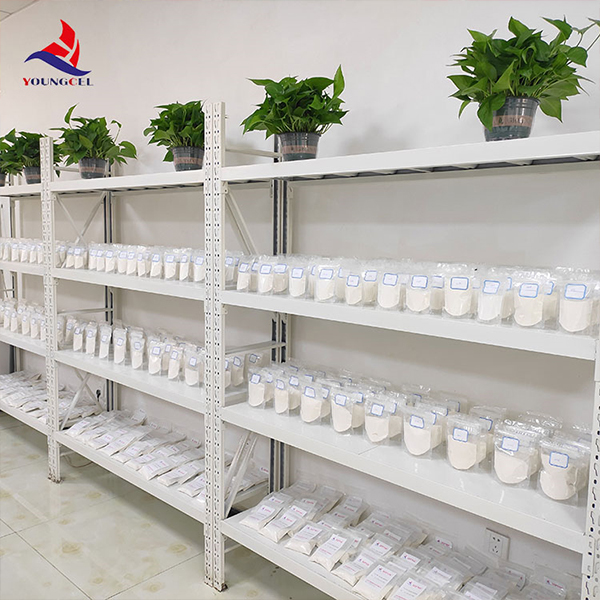Understanding Industrial Thickeners Their Role and Importance
In the realm of industrial processes, particularly in sectors such as food and beverage, pharmaceuticals, and chemical manufacturing, thickeners play a pivotal role. Thickeners are substances that increase the viscosity of a liquid without substantially changing its other properties. This article delves into the significance of industrial thickeners, their types, and their applications.
The Function of Thickeners
Thickeners are crucial in modifying the flow characteristics of liquids, thereby enhancing the stability and shelf-life of products. They enable manufacturers to manipulate the texture, appearance, and mouthfeel of various products. For example, in the food industry, thickeners increase the viscosity of sauces, soups, and dressings, improving their sensory attributes. In pharmaceuticals, they help create stable suspensions and gels, ensuring uniform distribution of active ingredients.
Types of Thickeners
Industrial thickeners can be broadly classified into two categories natural and synthetic thickeners
.1. Natural Thickeners Derived from plant and animal sources, natural thickeners include starches, gums, and pectin. Common examples include xanthan gum, guar gum, and agar. These thickeners are often favored for their clean label appeal and relatively low toxicity. They are increasingly used in gluten-free products, catering to the growing demand for health-conscious and allergen-free food options.
2. Synthetic Thickeners These are chemically engineered products designed for specific applications. Examples include polyethylene glycol (PEG) and carbomers. Synthetic thickeners are often more effective than their natural counterparts, providing desired viscosity levels with smaller quantities. However, they may come with concerns regarding safety and interactions in food applications, leading to ongoing research and development to optimize their use.
Applications Across Industries
industri thicken

The versatility of thickeners makes them indispensable in various industries.
- Food Industry Thickeners serve to enhance texture, improve mouthfeel, and stabilize emulsions. In dairy products, they prevent separation of ingredients, while in sauces, they provide a desirable creamy consistency. The ability to control sauce thickness can significantly affect consumer appeal and product performance.
- Cosmetics and Personal Care In cosmetics, thickeners contribute to a product's texture and flow. They stabilize creams, lotions, and gels, ensuring consistent performance and user experience. For example, thickeners can help maintain the viscosity of a foundation or moisturizer during use.
- Pharmaceuticals Within the pharmaceutical sector, thickeners are used to create suspensions that improve the bioavailability of drugs. They can enhance the palatability of oral solutions, making medications more acceptable to children and those with difficulty swallowing. Moreover, thickeners help in formulating topical gels for faster absorption and action.
Challenges and Considerations
Despite their many benefits, the use of thickeners is not without challenges. The selection of the right thickener must consider factors such as stability, interaction with other ingredients, and the final product’s desired characteristics. As consumers increasingly favor natural ingredients, the industry faces pressure to innovate using plant-based alternatives while ensuring food safety and product efficacy.
Conclusion
Industrial thickeners are essential components in numerous sectors, providing both functional and aesthetic benefits. As technology advances, the formulation and application of thickeners will continue to evolve. Industries must remain adept at navigating the balance between meeting consumer demands for natural products and maintaining efficacy and performance. Understanding the significance of thickeners is key to optimizing product development and enhancing consumer satisfaction in a competitive marketplace.
-
Premium Detergent Grade HPMC Hydroxypropyl Methylcellulose: Superior Thickening & StabilityNewsAug.31,2025
-
HEC 100000 Hydroxyethylcellulose for Paint | Superior ThickeningNewsAug.30,2025
-
Wall Putty Rdp Powder Packaging DesignNewsAug.29,2025
-
Introduction to Hpmc Hydroxypropyl Methyl CellulosNewsAug.29,2025
-
Hpmc Industri Grade IntegrationNewsAug.29,2025
-
How to Choose the Right Construction AdhesiveNewsAug.29,2025




